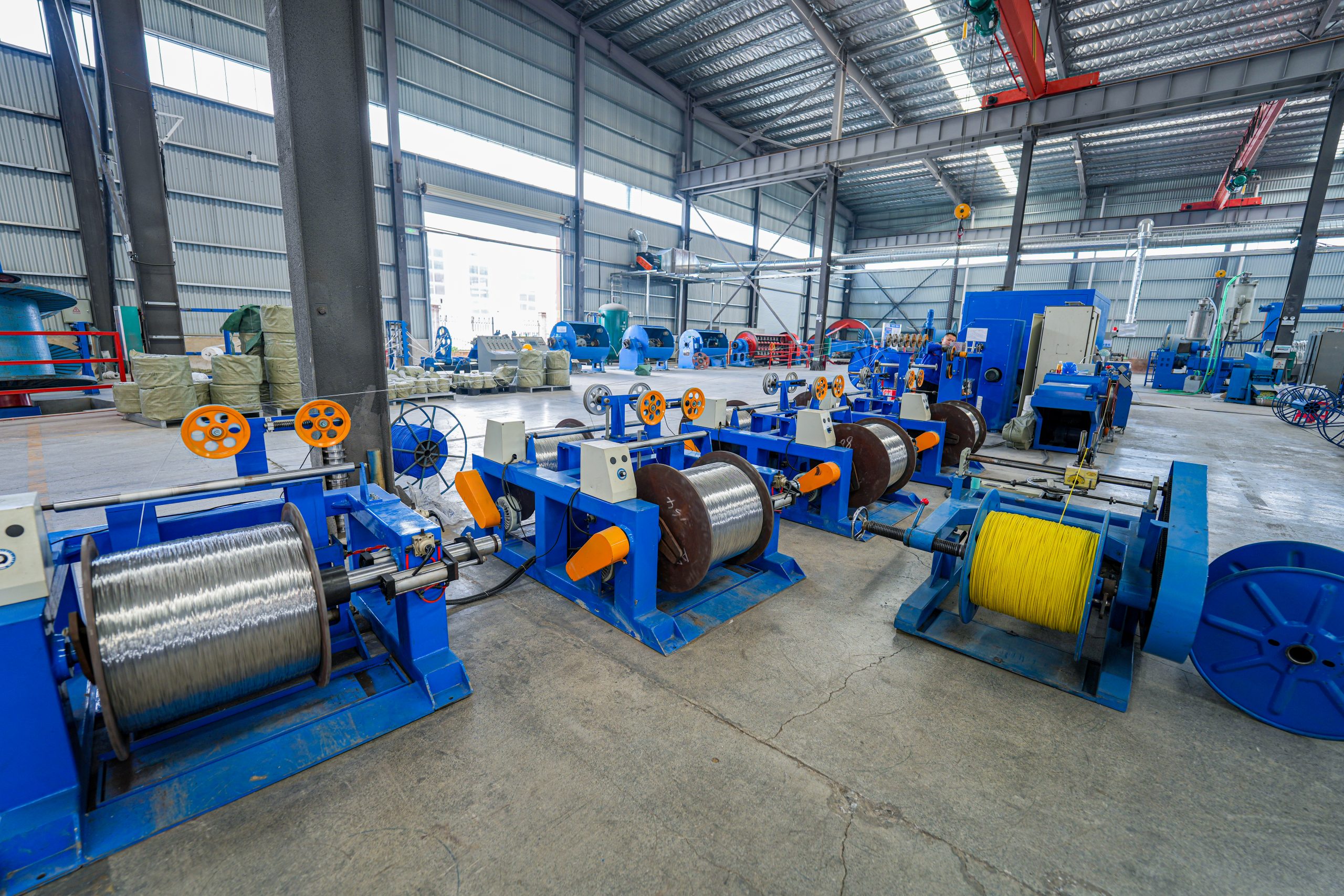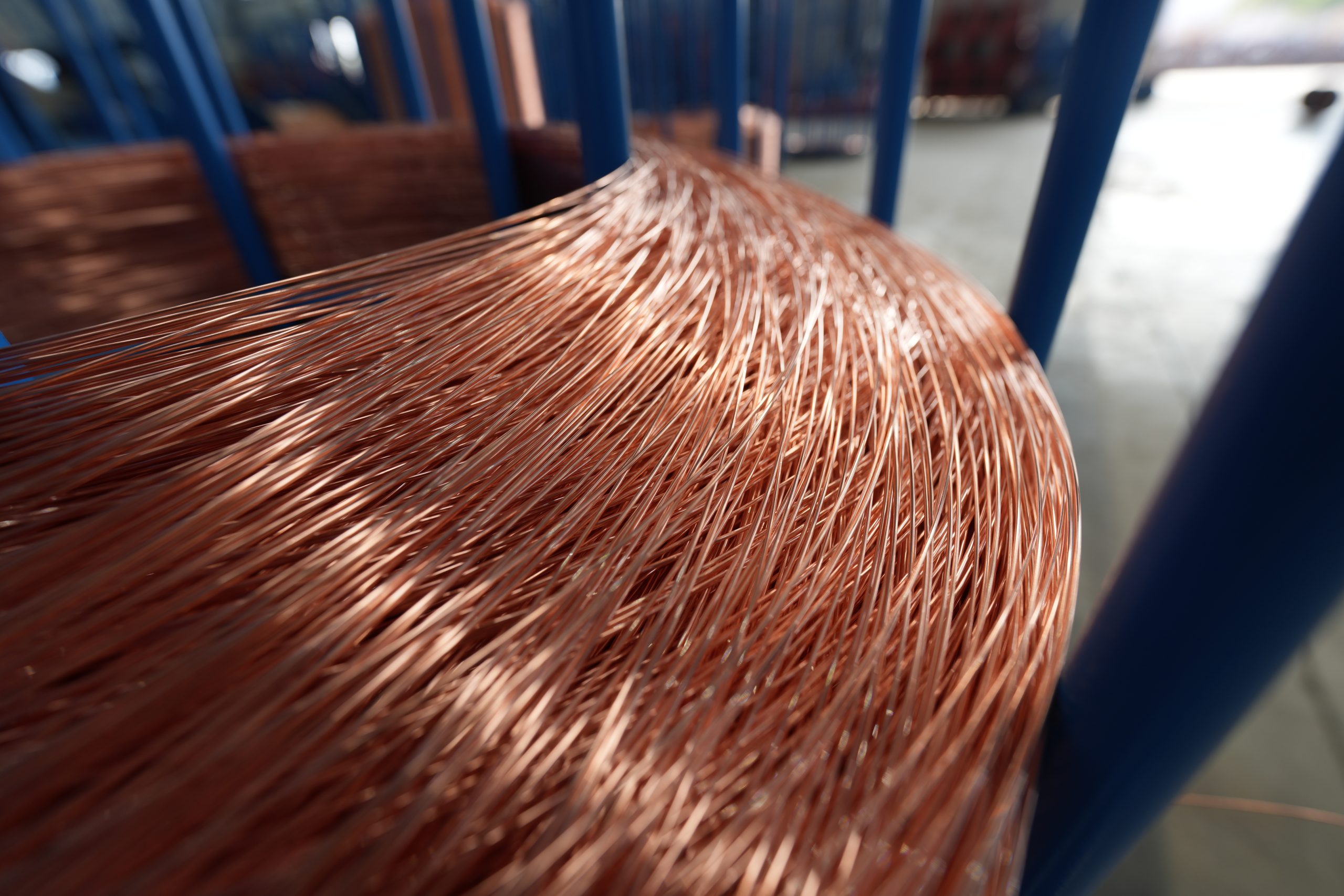“A high quote means they’re ruthless? Wait until the cables catch fire to find out what truly ruthless means!” These days, products that clearly meet specifications and are made of genuine materials can’t compete with “paper cables.” Customers, demanding “quality,” rush to manufacturers without any quality assurance. Today, let’s take a look at what’s wrong with this industry…
I never expected that after twelve years in the cable business, from a small workshop to a fairly large company, what finally broke me wasn’t technical difficulties or financial pressure, but—
This market is getting increasingly confusing to us!

Our cables use high-purity copper cores and imported environmentally friendly insulation materials, undergoing rigorous quality inspections and rigorous worker training. Yet, our quotes are slightly higher than the market price, and customers walk away…
And yet, those “OEM national standard” products, with iron-doped copper cores and plastic wrap-thin coverings, are flooded with orders?!
I’m truly disheartened. This isn’t competition; this is “hell mode,” where bad money drives out good! Let’s start by explaining how unfairly our factory is treated!
We’re not the kind of factory that just throws up a production line and starts operating.
Every cable, starting with the copper core, is meticulously crafted—it must be of high purity, not only for superior conductivity but also for durability far exceeding that of standard cables. This cost alone is significantly higher than others.
The insulation materials are all imported, environmentally friendly, flame-retardant, and heat-resistant, resisting degradation even in extreme environments.
The assembly line is supervised 24/7, over 30% of each batch is inspected, workers receive two months of pre-job training, and even the packaging is treated to be waterproof and moisture-proof…
But when customers come, their first question is always, “Why are your cables more expensive than others?”
We patiently explain the materials, craftsmanship, and quality inspections, but they often respond with, “Other companies claim they meet national standards, and they’re half the price, and they work just as well, don’t they?”
Many of these so-called “national standards” are simply false claims! Cutting corners on copper core doping and insulation thickness may not be noticeable in the short term, but over time, aging and short circuits can damage equipment and factories, leaving you with no time to cry!
What’s even more ironic?
Some bidding projects clearly state “quality first” and “parameters must meet standards,” but price accounts for 90% of the evaluation!
We strictly produce according to national and even European standards, yet we’re repeatedly eliminated in the first round of bidding for “overpriced bids.”
In contrast, manufacturers with ridiculously low bids easily win the bids.
And then what happens? Only after winning the bid do they start frantically cutting costs—changing materials, skipping steps, and trying every possible way to cheat during acceptance.
How can this be considered project acceptance? This is simply laying a trap!
Let’s talk about the mentality of some customers. I was truly anxious and helpless.
Two years ago, an old customer came to me and said they needed a batch of cables for a factory renovation.
I advised him, “Don’t be cheap. Cables should last ten years. High-quality ones are more expensive, but they’re safe and reliable.”
He refused to listen and instead ordered a batch of super-cheap cables that were advertised as “national standard grade.”
After just six months, the aging wiring caught fire, burning several machines and shutting down operations for two weeks, resulting in hundreds of thousands of yuan in losses!
Go back to the seller? Haha, their store was completely empty.

Finally, he came back to complain, saying he regretted not listening to me…
What could I say? I could only smile bitterly.
Smiling when buying cheap goods, but crying when things go wrong!
It’s not that I haven’t considered lowering prices.
But the materials, craftsmanship, and labor are there, and any price cut would inevitably compromise quality.
The veterans in our factory have all been there for over a decade, and the products they produce are like their own daughters getting married; they must be impeccable and flawless—and asking us to cut corners? It’s impossible!
Manufacturers in the industry who still insist on quality are actually just trying to hold on.
Orders are dwindling, and profits are shrinking. Sometimes, while checking accounts in the middle of the night, I find myself asking myself, “How much longer can this last?”
Over the past few years, I’ve increasingly felt that the cable industry’s problems aren’t solely the fault of any particular manufacturer or customer, but rather a flawed ecosystem.
Many people have commented, “There’s no such thing as a free lunch; there’s always something fishy about a bargain.” Yet, when it comes time to actually pay, their hands still tremble as they click on the lower price.
Some netizens even joked, “Isn’t this a classic case of the ‘buying a pot theory’? You save 200 yuan when you buy it, but lose 20,000 yuan when it explodes.”
But the irony and tragedy is that despite repeated lessons, the slumbering proponents remain ineffective.
We’ve also called on regulators to crack down on false advertising and maliciously low-price bidding!
Customers should also wake up: Cables are the “blood vessels” of the power system. If one of these vessels breaks, the entire system shuts down!
No manufacturer can make a good product at a loss, unless it’s inherently bad.
To be honest, I’m not just saying this to vent my frustrations.
I hope that if just one more person sees this—
they’ll ask a little more about the material, check the certifications, and even be willing to spend a little more for peace of mind when choosing cables.
We persist, not out of stubbornness, but because we believe:
Safety should never be compromised; quality will ultimately return to value.
Cables are silent guardians; they shouldn’t become victims of profiteering.
Don’t wait until the flames start to realize, “I was really saving on safety.”
Post time: 2025-08-27




